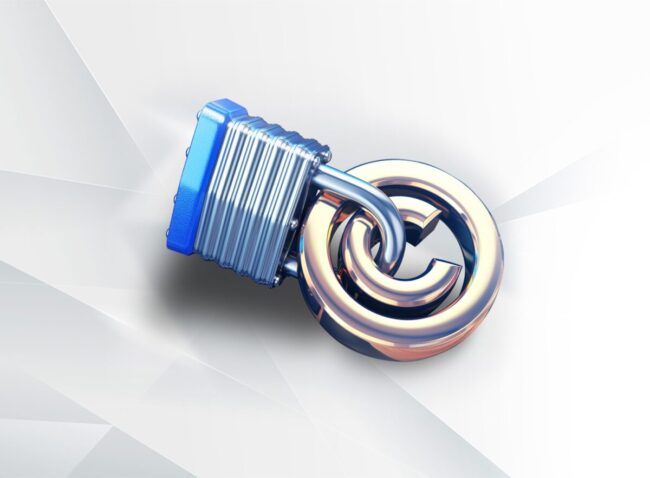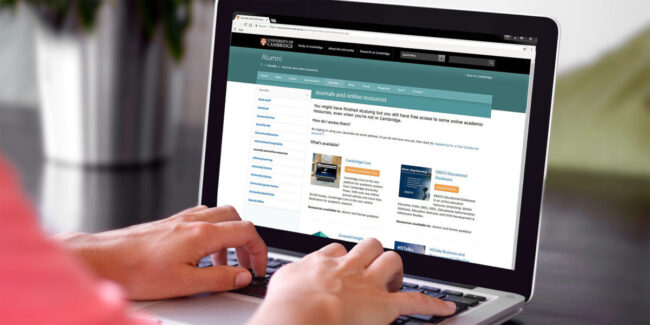
The digital age has transformed academic research and writing, expanding access to information but also presenting new challenges to academic integrity. Academic integrity refers to the ethical standards and practices that uphold honesty and responsibility in scholarship.
It is foundational to the educational process, ensuring that all academic work is truthful and original. Understanding and maintaining these principles is crucial in a time when information is plentiful and easily accessible.
Challenges to Academic Integrity in the Digital Age
Ease of access to information ─ The internet provides an unprecedented volume of information readily available at our fingertips. While this accessibility can enhance learning and exploration, it also poses significant risks. The ease of finding and copying information can lead to accidental plagiarism if students are not careful about how they use and cite these resources.
Complications from digital tools and resources ─ Digital tools and online resources are invaluable for research and data analysis but can complicate the maintenance of academic integrity. Tools that offer to complete or assist with academic tasks can tempt students to pass off generated answers or data as their own work, thereby undermining the learning process and violating academic integrity policies.
Understanding Plagiarism and Its Consequences
- Defining plagiarism ─ Plagiarism involves using someone else’s words, ideas, or findings without proper acknowledgment and passing them off as one’s own. In the digital age, plagiarism can take many forms, from copying text from online articles to purchasing papers from essay mills.
- Consequences of plagiarism ─ The consequences of plagiarism can be severe, affecting a student’s academic record and future career. Academic consequences may include failing grades, suspension, or expulsion. Legally, plagiarism can lead to lawsuits and financial penalties, especially when it involves copyrighted material.
Strategies to Maintain Academic Integrity

Proper Research Techniques
- Using reputable sources ─ It’s essential for students to rely on credible and reputable sources for their research to ensure the accuracy and reliability of their data. Academic databases, peer-reviewed journals, and official publications are preferred over unchecked online content.
- Effective online research ─ Students should develop skills to critically assess the validity and reliability of their online sources. Understanding how to evaluate the credibility of a source is crucial in maintaining high academic standards.
Note-taking and Citing Sources
- Best practices for note-taking ─ Effective note-taking involves summarizing information in one’s own words and tracking all sources consulted. This practice helps prevent plagiarism by ensuring students process information and understand the material they are using.
- Guide to citing sources ─ Accurate citation is critical in academic work. Students should be familiar with various citation formats (APA, MLA, Chicago, etc.) and use them consistently. Proper citations not only give credit to original authors but also lend credibility to the academic work.
Using Technology to Prevent Plagiarism
In the fight against plagiarism, technology plays a pivotal role. Plagiarism detection tools are sophisticated software systems designed to identify and report similarities between submitted texts and existing works.
These tools scan documents against massive databases containing academic papers, books, journals, and online content to detect overlaps that may indicate plagiarism.
How Plagiarism Detection Tools Work
- Scanning and matching ─ The software scans the text and compares it against its database. It looks for exact matches and closely paraphrased content.
- Report generation ─ Once the scan is complete, the tool generates a report highlighting the sections of the text that match other sources, often with a percentage score indicating the amount of copied content.
Benefits of Using These Tools
- Ensuring originality ─ These tools help ensure that all submitted work is original by highlighting plagiarized content.
- Educational purpose ─ They serve an educational purpose by helping students learn how to cite sources correctly and avoid plagiarism.
- Academic integrity ─ By using these tools, educational institutions uphold academic integrity, ensuring that all students’ work is evaluated fairly and equally.
How Credible Online Services Can Help

In today’s digital age, credible online academic services have become indispensable tools for students. These platforms provide assistance in research and writing tasks while ensuring academic integrity.
How Online Services Assist Students
- Research assistance ─ Online services offer access to vast databases of scholarly articles, helping students find relevant and credible information for their research.
- Writing assistance ─ Many services provide writing help, from forming a thesis statement to structuring an argument coherently.
- Anchor usage ─ For students facing deadlines or needing help with complex topics, credible platforms where they can professional online term paper writing service from vetted academic writers offer a significant advantage. These services not only provide original content tailored to the student’s specifications but also ensure that all submissions comply with academic standards.
Ethical Considerations When Using Online Academic Help
Ethical implications ─ While online academic services can be incredibly helpful, they also raise ethical questions. The primary concern is the potential for students to submit purchased work as their own, which constitutes academic dishonesty.
Guidelines for Ethical Use
- Transparency ─ Students should be transparent about the help they receive from online services and cite any assistance according to their institution’s academic guidelines.
- Supplemental use ─ Online academic services should be used as a supplement to the student’s own work—not as a substitute. They can provide guidance, feedback, and support, but the final submission should be the student’s original effort.
Best Practices for Using Online Academic Resources

Choosing the Right Resources
- Credibility ─ Always choose resources that are well-regarded and credible. Academic databases and official libraries are excellent starting points.
- Relevance ─ Select resources that are directly relevant to the topic at hand to ensure the research is focused and applicable.
Integrating Resources Effectively
- Synthesis ─ Integrate information from various sources to create a cohesive and comprehensive argument or analysis.
- Citation ─ Meticulously cite all sources used in the research to avoid plagiarism and to give proper credit to original authors.
Conclusion
Maintaining academic integrity in the digital age is imperative. As information becomes more accessible, students must remain vigilant in upholding the standards of originality and honesty in their academic work.
By utilizing available tools and resources ethically and responsibly, students not only enhance their educational experience but also prepare for successful academic and professional futures. Encouragement is extended to all students to explore these tools and to commit to the principles of academic integrity in all their scholarly endeavors.
